Giving consent to third-parties
Sometimes we receive requests from people (such as relatives, partners, etc) who wish to deal with medical matters on behalf of the person who is our patient. Whilst these are almost universally motivated by good intentions and in the best interests of the patient concerned, they pose a medico-legal problem for us.
We are required by law (with only a few very specific exceptions) to maintain the confidentiality of our patient’s medical record. This can cause the people trying to act on behalf of the patient to think that we are being obstructive, but that is not the case.
The General Medical Council (GMC) take seriously breaches of confidentiality and there are also potential legal sanctions for unjustified breaches of confidence. We therefore have to be certain that the patient gives their consent for us to interact with others on their behalf and we make no apology for ensuring that we have this consent before doing so, however urgent the other person might consider their request.
If you are the patient, you must give very serious consideration to the ramifications of giving your consent for someone else to interact with us on your behalf. There have been cases elsewhere when, for example, parents have discovered things about their adult child’s medical history which the son or daughter never wanted their parents to know.
We will therefore only interact with people other than the patient concerned when we have a signed consent form or verbal consent from the patient.
If you wish to give consent for a third party to access your records or discuss your medical care with us, please complete, sign and return the relevant form below; or call us and we will run through the form with you over the telephone and take your consent verbally.
- Third Party Access Form – for patients able to give their consent
- Third Party Access Form – for patients without capacity unable to give consent
We are required to check your ID when processing your Third Party Access request. This can be done in person with your passport, driving licence or other ID; or over the telephone with our receptionist using ‘vouching’ (this is where our receptionist will ask a series of questions, from your medical record, which only you will know the answer to).
We are also required to check the ID of the third party to whom you are giving access. If they are a patient registered with the surgery, our receptionist can verbally check their ID by vouching. If they are not a patient, they will need to bring ID in person to either surgery. ID checks cannot be carried out by email.
We are required to check the ID of the third party every time they request access to your healthcare information. This ensures we only give information to those that have your permission and not anyone else.
If you wish to give your third party access to your online record, see online services.
Please note:
- We retain the right to reject any application to give consent to a third-party, where we consider it given wrongfully, under duress, or inappropriate in any other way.
- You are able to freely withdraw your consent to share your medical information with your third party at any time. Please contact us to do this.
- This advice and the third-party consent form is NOT designed to be used for giving consent for matters such as reports, forms, insurance application data releases, etc. This advice relates specifically to giving consent for a third-party to act on your behalf.
Solicitor and Insurance Requests
We may also receive requests for access to your medical notes from solicitors and insurers acting upon your behalf. They will ask you to sign their consent form and we will contact you to check what information you are happy for us to provide.

